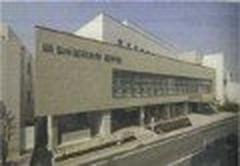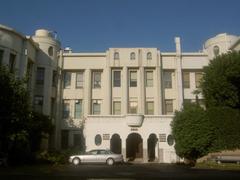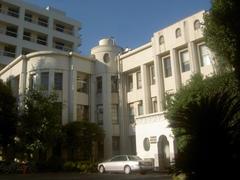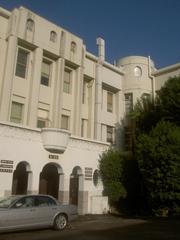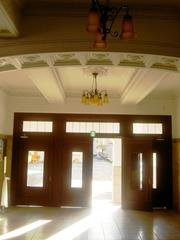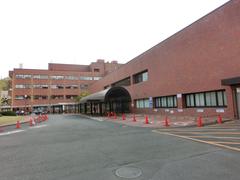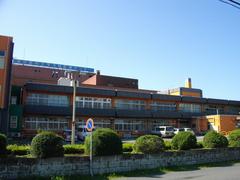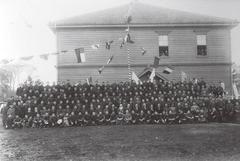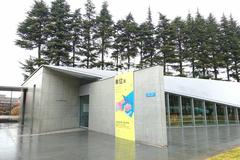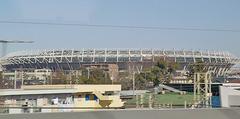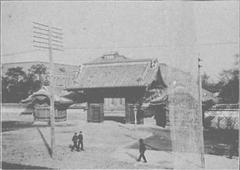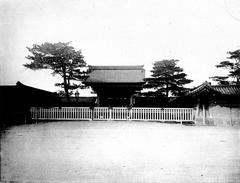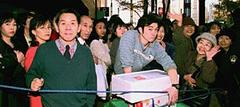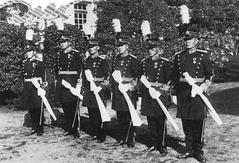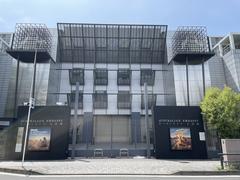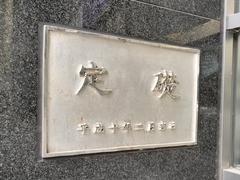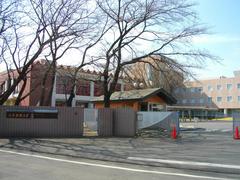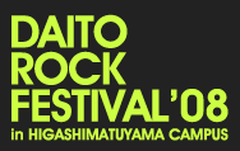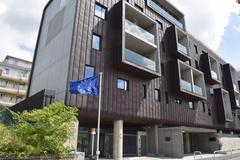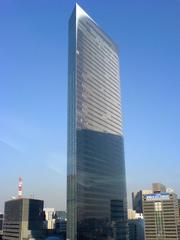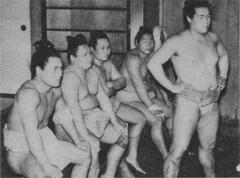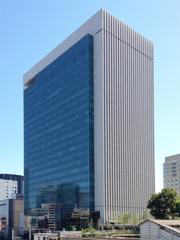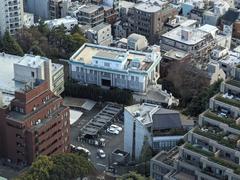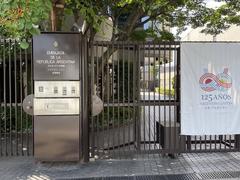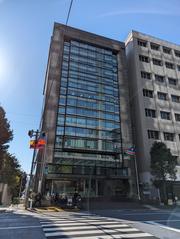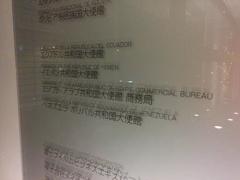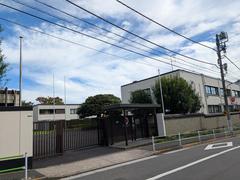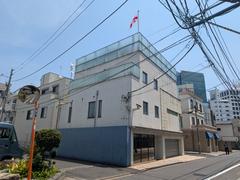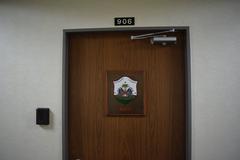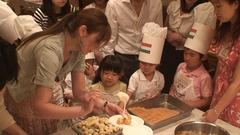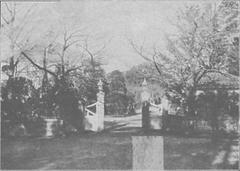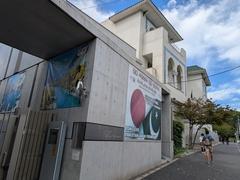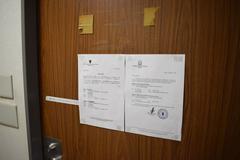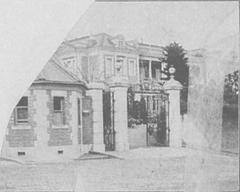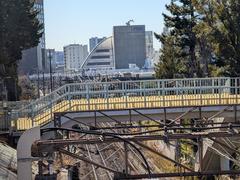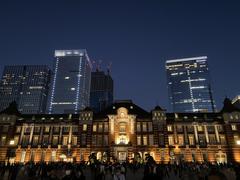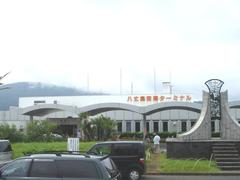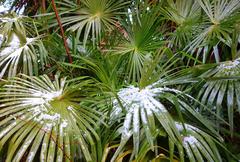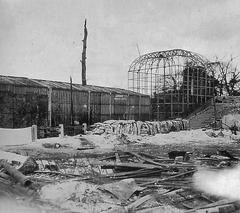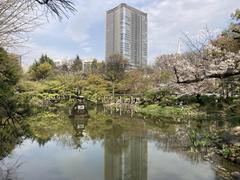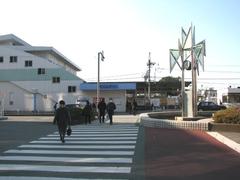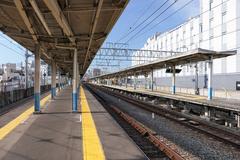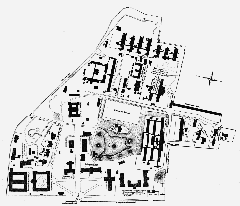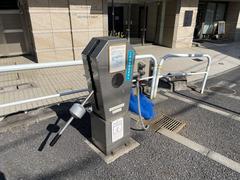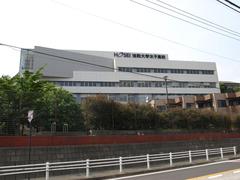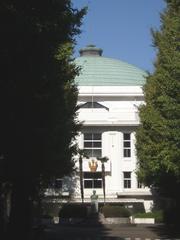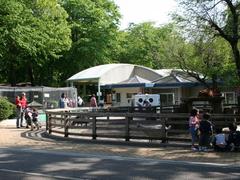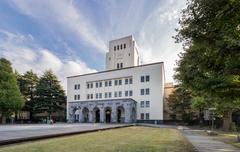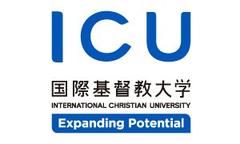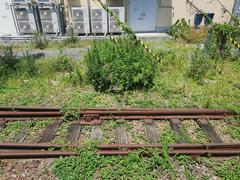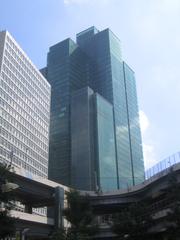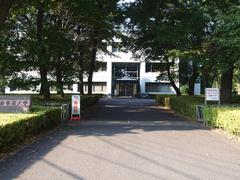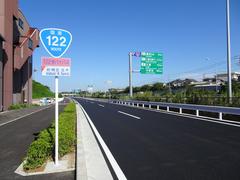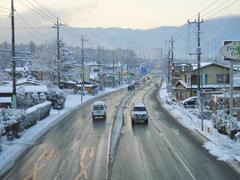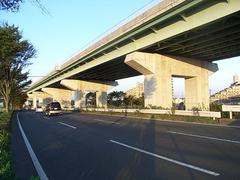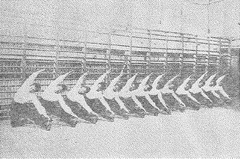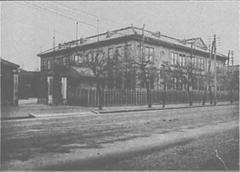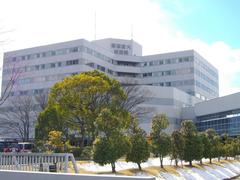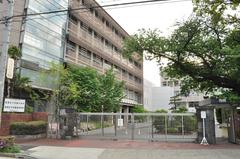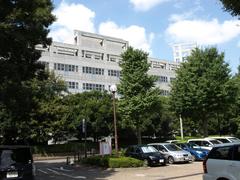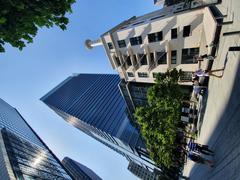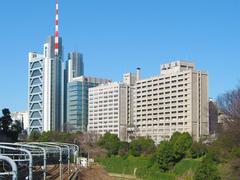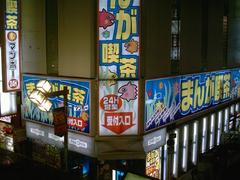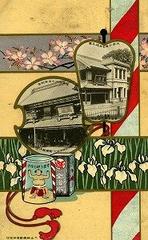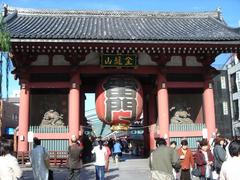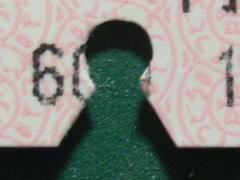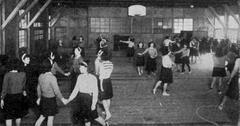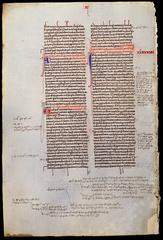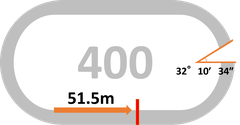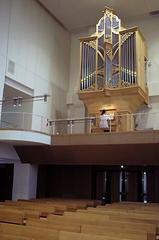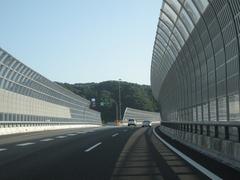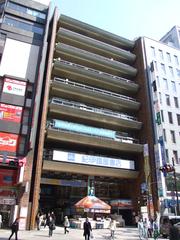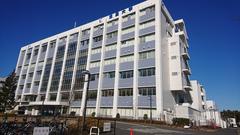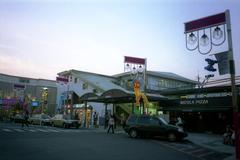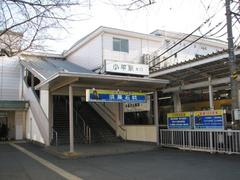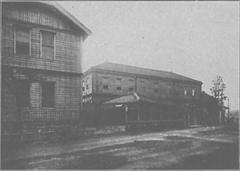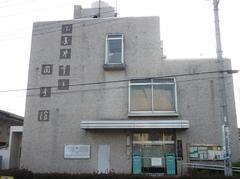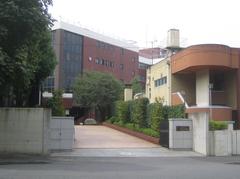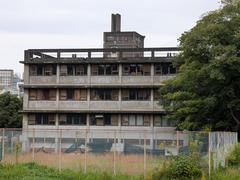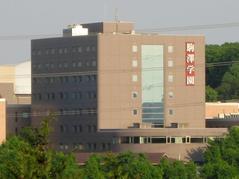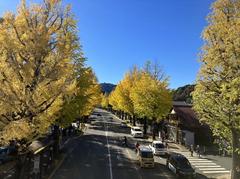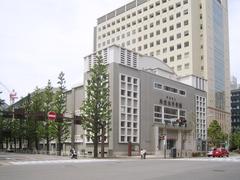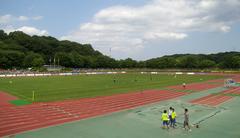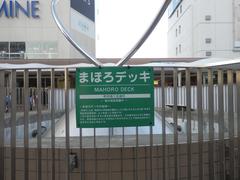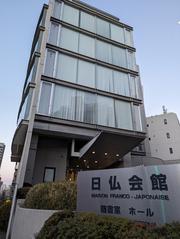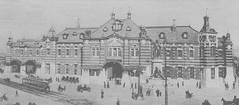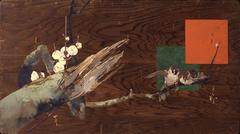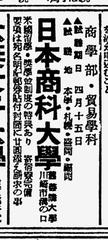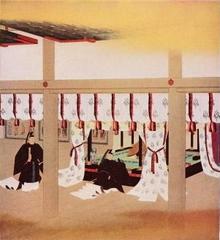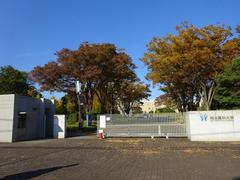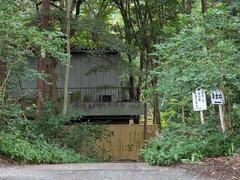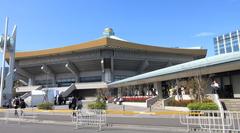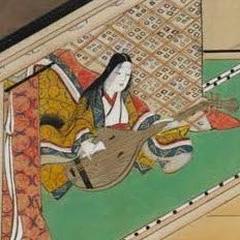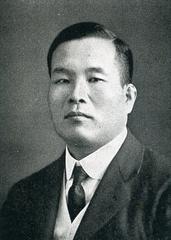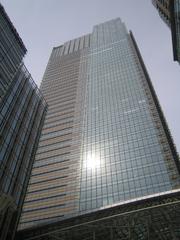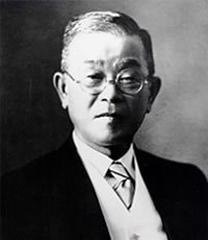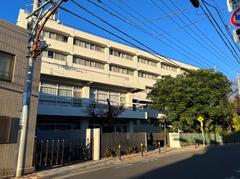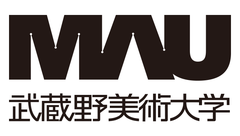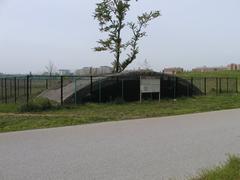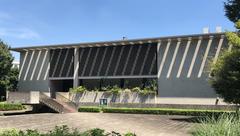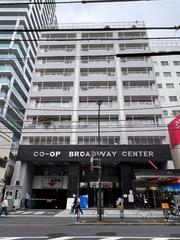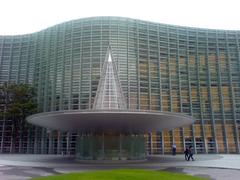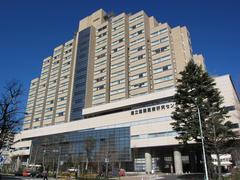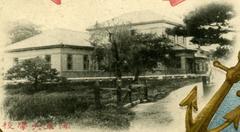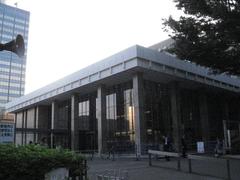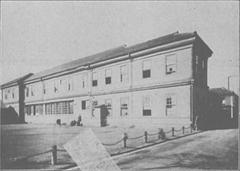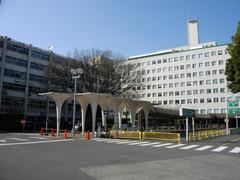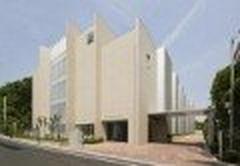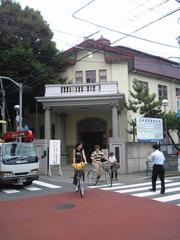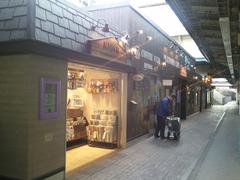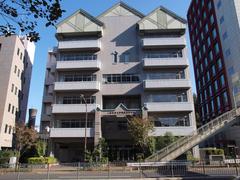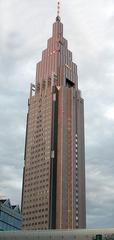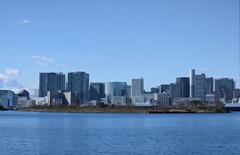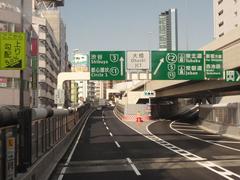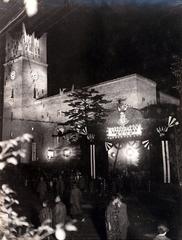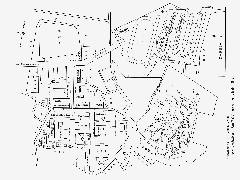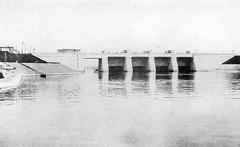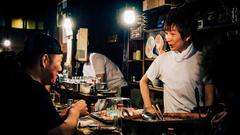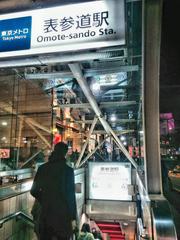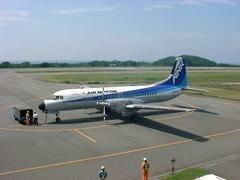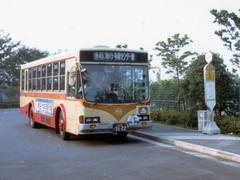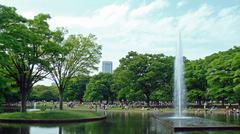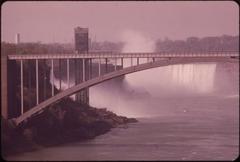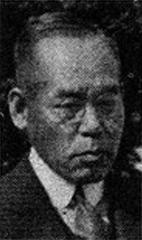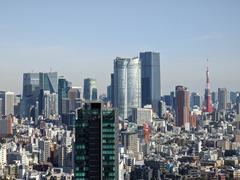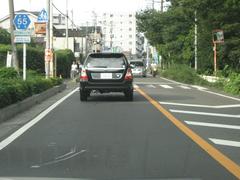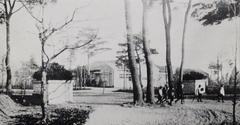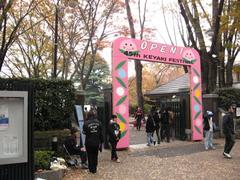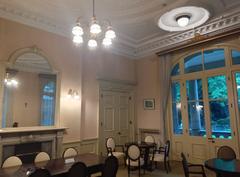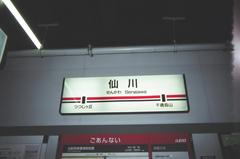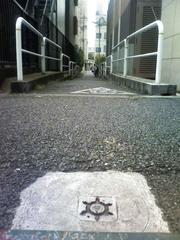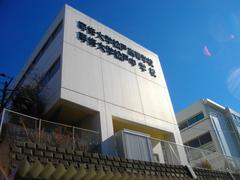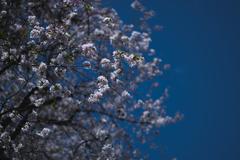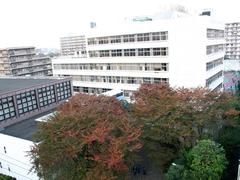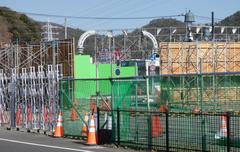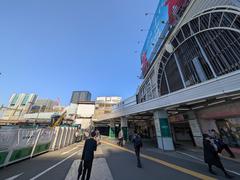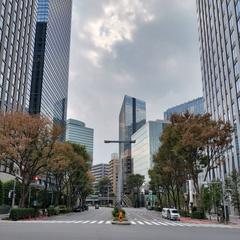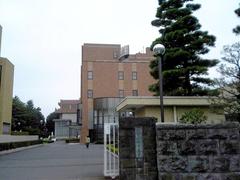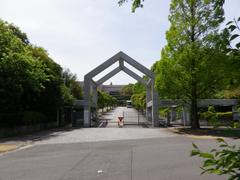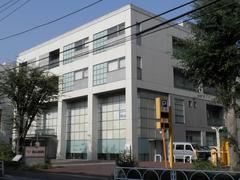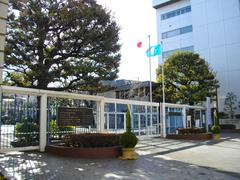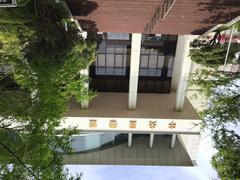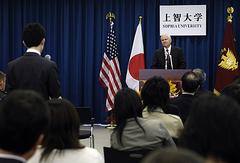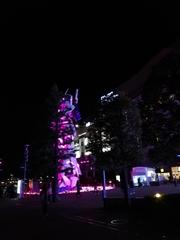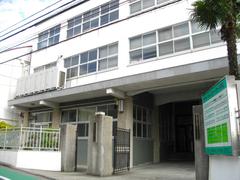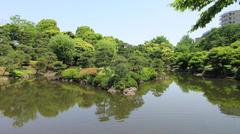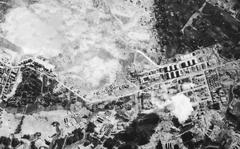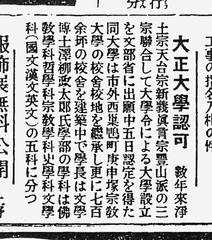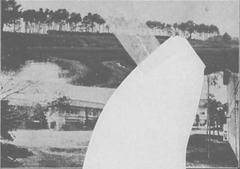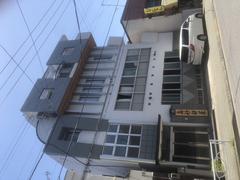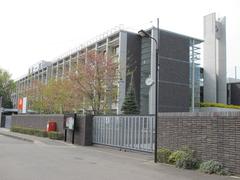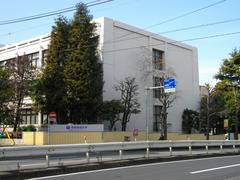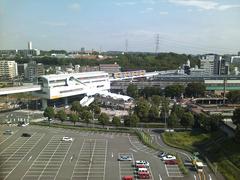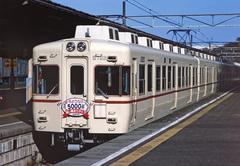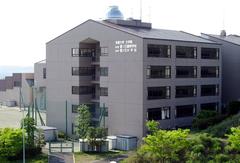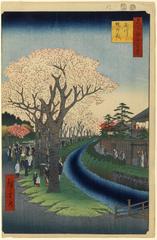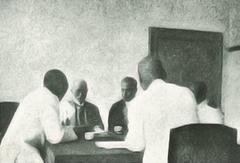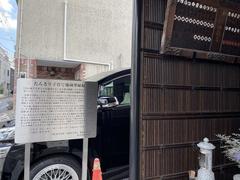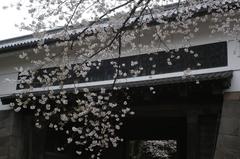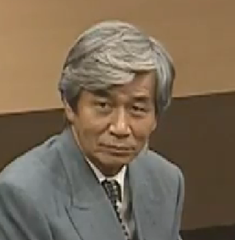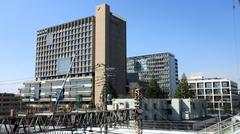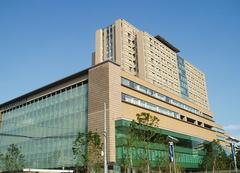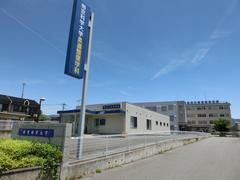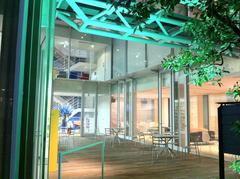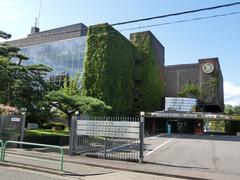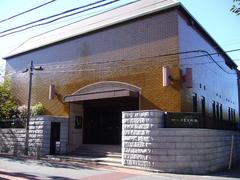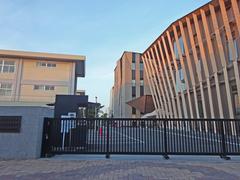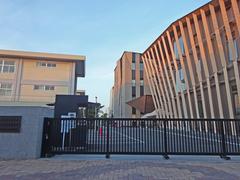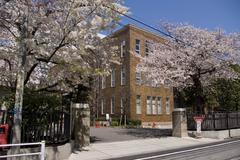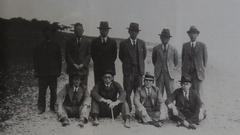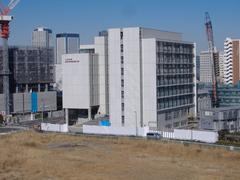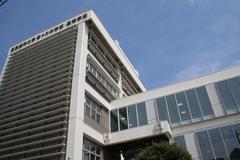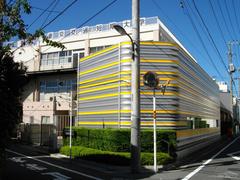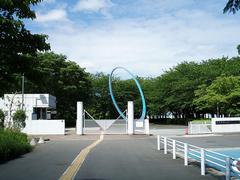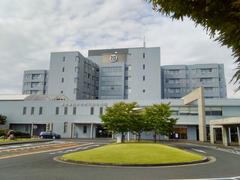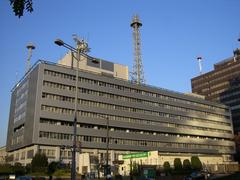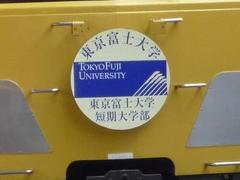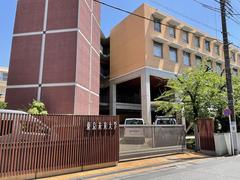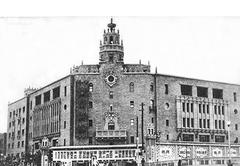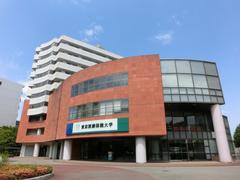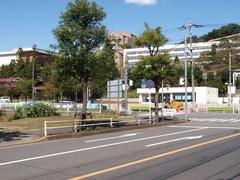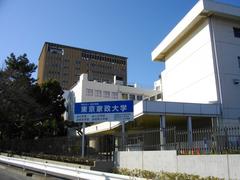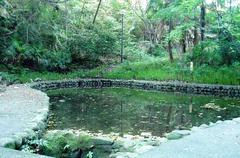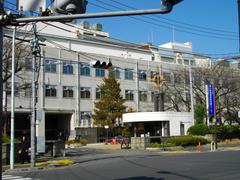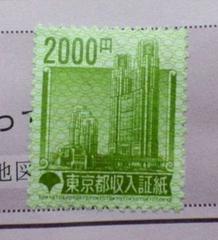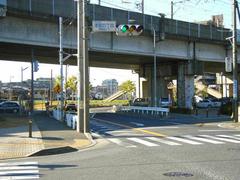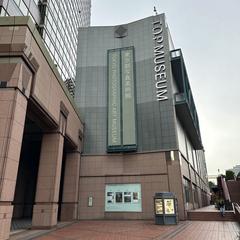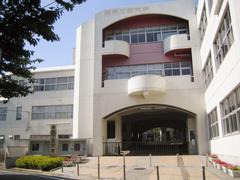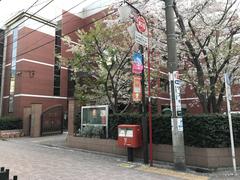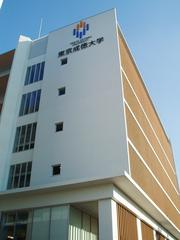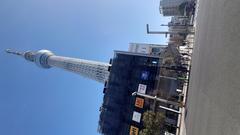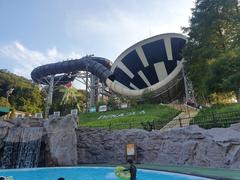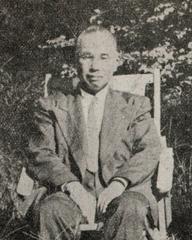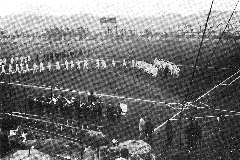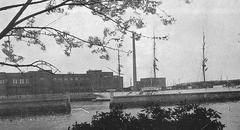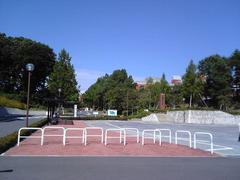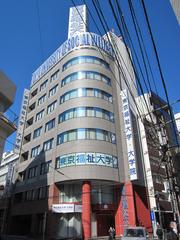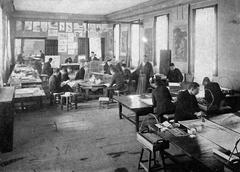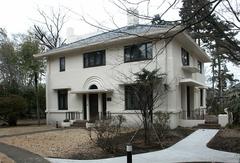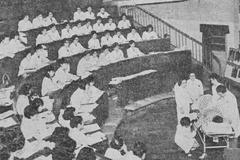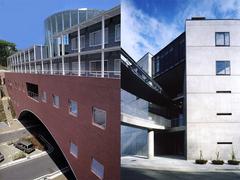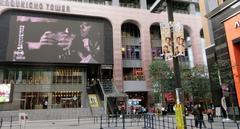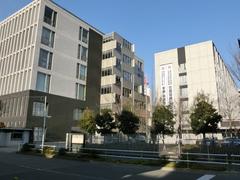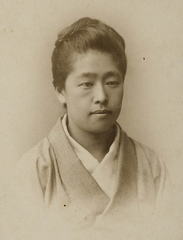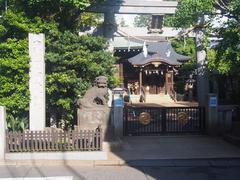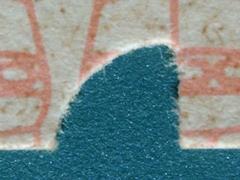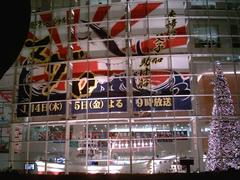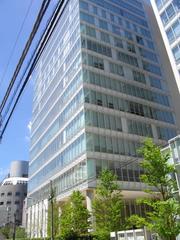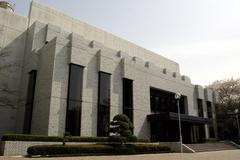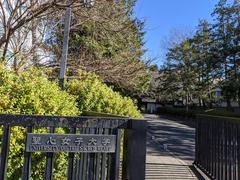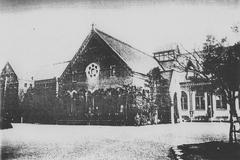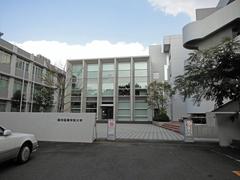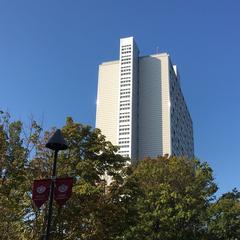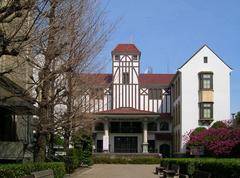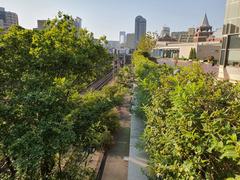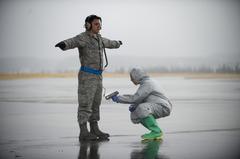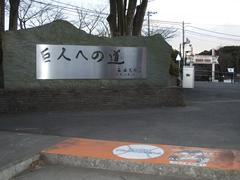
Tokyo Medical University Visiting Hours, Tickets, and Comprehensive Travel Guide to Tokyo Historical Sites
Date: 14/06/2025
Introduction: The Significance of Tokyo Medical University
Nestled in Tokyo’s vibrant Bunkyo City, Tokyo Medical University—and especially its renowned Yushima Campus—stands as a testament to Japan’s advancement in medical science and education. The university not only provides top-tier academic programs but also preserves a unique legacy, tracing its roots to the late 19th century. Key historical sites, such as the former Eiraku Hospital and the landmark 1899 Tokyo Medical License Exam, contribute to its significance as a symbol of Japan’s modernization. Today, visitors can immerse themselves in a blend of historical exhibits, architectural landmarks like the M&D Tower, and interactive displays that chart the evolution of clinical practice and research in Japan.
This guide offers essential information for planning your visit to Tokyo Medical University, covering visiting hours, ticketing, accessibility, travel recommendations, etiquette, and nearby attractions. Whether you are a medical professional, history aficionado, or a culturally curious traveler, the Yushima Campus is a rewarding destination that bridges Japan’s medical past and present. For up-to-date details on visiting hours, reservations, and guided tours, consult the official TMDU site.
Table of Contents
- Introduction
- Historical Significance of Tokyo Medical University
- Visiting Hours and Ticket Information
- Key Attractions at Yushima Campus
- Travel and Accessibility
- Visitor Tips and Etiquette
- Special Events and Cultural Programs
- Facilities
- Frequently Asked Questions (FAQ)
- Call to Action
- Contact Information
- Conclusion
Historical Significance of Yushima Campus
The Yushima Campus is a cornerstone of Japanese medical education, with origins dating back to the late 1800s. The establishment of Eiraku Hospital and the initiation of the Tokyo Medical License Exam in 1899 mark pivotal moments in Japan’s transition to modern medical practices. The campus has since evolved into a hub for innovation, research, and the nurturing of medical professionals, retaining monuments and records that highlight its influential role in the country’s healthcare history.
Visiting Hours and Ticket Information
- Visiting Hours: The campus grounds and designated historical buildings are open to the public from 9:00 AM to 5:00 PM, Tuesday through Sunday. The campus is closed on Mondays and national holidays.
- Admission: Entry to the campus grounds is free. Special exhibitions and guided tours within the M&D Tower or University Hospital Museum require advance booking and a nominal fee.
- Guided Tours: Offered weekly on Saturdays. Reservations must be made online at least one week prior to your visit.
For current visiting hours and tour availability, refer to the official TMDU International Visiting Student page.
Key Attractions at Yushima Campus
M&D Tower
A 126-meter-tall architectural highlight, the M&D Tower stands as a symbol of Tokyo Medical University’s commitment to innovation. The ground-level exhibitions trace the university’s medical milestones, showcasing artifacts, historical photographs, and multimedia displays.
Historic Eiraku Hospital Site
Although the original Eiraku Hospital no longer exists, a dedicated monument and information plaques on campus provide background on its foundational role in Japanese medical history.
University Hospital Museum
The museum features collections of medical instruments, archival photos, and interactive installations that illustrate the integration of clinical practice with scientific research at TMDU.
Travel and Accessibility
How to Get There
- Closest Station: Ochanomizu Station (JR Chuo Line, Tokyo Metro Marunouchi and Chiyoda Lines)
- By Bus or Taxi: Multiple city bus routes serve Bunkyo City; taxis are readily available throughout central Tokyo.
- From Airports: Take the Narita Express or Keisei Skyliner from Narita Airport, or the Tokyo Monorail from Haneda Airport, then transfer to the subway or JR lines to reach Ochanomizu Station.
On-Site Navigation
Campus maps are available at all main entrances and the visitor center. The site is equipped with ramps and elevators for visitors with mobility needs.
Visitor Tips and Etiquette
- Language Support: English-language brochures and guides are provided; most directional signage is bilingual.
- Etiquette: Maintain a quiet and respectful demeanor, as the campus includes active academic and medical facilities.
- Photography: Permitted in public exhibition spaces, but prohibited in active clinical and research areas.
Special Events and Cultural Programs
TMDU offers a calendar of public events, including seasonal festivals, lectures on medical history, and special exhibitions. Event schedules are updated regularly on the university’s official website.
Facilities
- Dining: Campus cafeterias serve Japanese and international cuisine and are open to visitors.
- Shops: Gift shops carry TMDU-themed souvenirs and books on Japanese medical history.
- Amenities: Restrooms and complimentary Wi-Fi are available throughout the campus.
Frequently Asked Questions (FAQ)
Q: Do I need to book tickets in advance?
A: Entry to the grounds is free; guided tours and special exhibits require advance reservations.
Q: Is the campus wheelchair accessible?
A: Yes, all public areas are equipped with ramps and elevators.
Q: Can I visit the university hospital?
A: The hospital is an active medical facility; public tours must be booked in advance and are limited.
Q: What other attractions are nearby?
A: The Ochanomizu district features historic shrines, unique bookstores, and stylish cafes.
Call to Action
Plan your visit to the historic Yushima Campus today! For the latest details on tours, upcoming events, and visitor policies, see the official TMDU International Visiting Student page. Follow TMDU on social media for real-time updates and virtual tours.
Contact Information
- Address: 1 Chome-5-45 Yushima, Bunkyo City, Tokyo 113-8510, Japan
- Email: [email protected]
- Phone: +81-3-3813-6111
Additional Historical Landmark: Tokyo Tower
Overview
Tokyo Tower is another must-see historical monument in the city, rising 333 meters above Minato district. Built in 1958, it is inspired by the Eiffel Tower and symbolizes Japan’s post-war resurgence and technological progress.
Visiting Information
- Opening Hours: Daily, 9:00 AM to 11:00 PM (last admission 10:30 PM)
- Observation Decks: Main Deck (150m) and Top Deck (250m)
- Ticket Prices:
- Main Deck: Adults ¥1,200 / Children ¥700
- Top Deck Tour: Adults ¥3,000 / Children ¥1,800
- Accessibility: Wheelchair accessible; multilingual guides available.
- Getting There: A 5-minute walk from Akabanebashi Station (Toei Oedo Line) or a 7-minute walk from Kamiyacho Station (Tokyo Metro Hibiya Line).
- Nearby Attractions: Zojoji Temple, Shiba Park, Roppongi Hills.
For further details, visit the official Tokyo Tower website.
Summary and Tips for Visiting
A visit to Tokyo Medical University’s Yushima Campus offers a rare chance to experience Japan’s medical legacy firsthand. With its blend of historic monuments, modern facilities, and accessible amenities, the campus is a highlight for anyone interested in the interplay of science, history, and culture in Tokyo. The convenient location also places you near other top sites, making it an ideal stop for travelers seeking enrichment and inspiration. For current visiting guidelines and event updates, always refer to the university’s official resources.
Sources and Official Links for More Information
- Visiting the Yushima Campus Monument and Historical Site in Tokyo: Hours, Tickets, and Travel Tips, 2025, Tokyo Medical and Dental University
- Tokyo Tower: Visiting Hours, Tickets, and Exploring Tokyo’s Iconic Landmark, 2024
